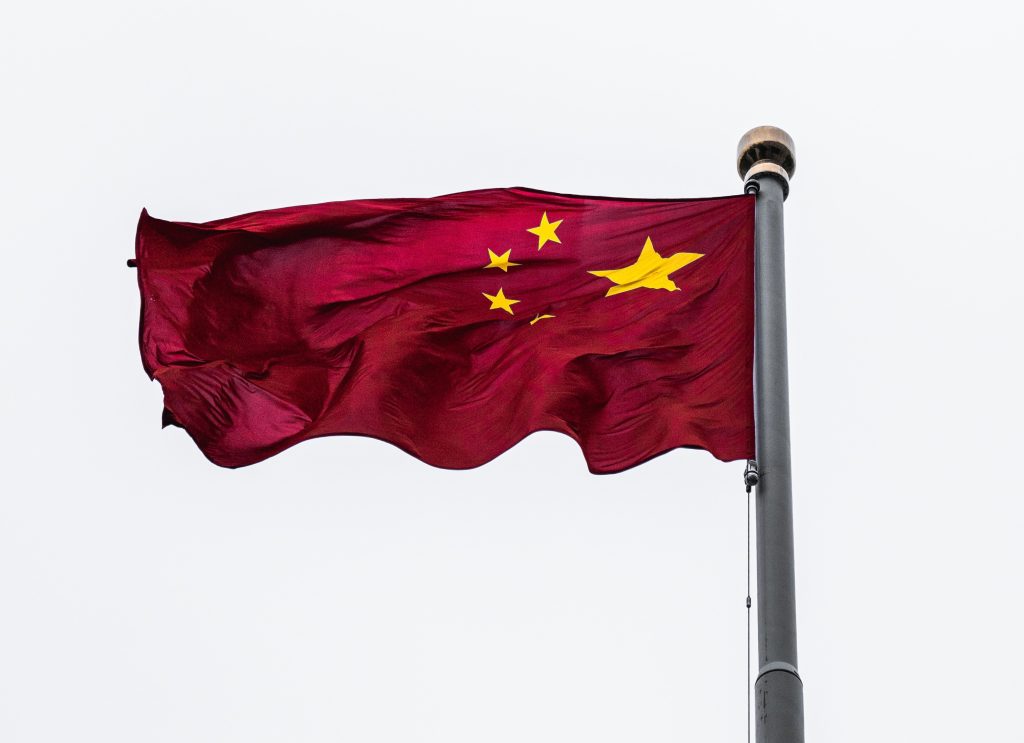
Photo by Alejandro Luengo on Unsplash
A new research report into recent Chinese government restrictions on videogaming shows that playing time has not been affected since new rules went into effect. The findings will bolster opponents to legislation or diktats that seek to control how much time people spend playing games.
The report, published on Nature.com yesterday, is titled “No evidence that Chinese playtime mandates reduced heavy gaming in one segment of the video games industry”. Looking at data about the playing habits of gamers in China both before and after restrictions on playtime were enacted, it found that restriction policies on youth digital behavior had resulted in “no widespread and uniform decrease in utilization”.
In 2019, the Chinese government limited players aged under 18 to 1.5 hours of daily playtime and 3 hours on public holidays. Providers of online games were ordered to prevent minors from playing between the hours of 22:00 and 08:00. Further time-based limitations were announced in 2021.
Dirty, messy things
The Chinese government has long been concerned about the effects of gaming on its people, most especially among the young. In 2021, the country’s leader Xi Jinping criticized games and “other dirty and messy things online” for being a bad influence on kids.
As far back as 2000, the country placed restrictions on internet cafes, arcades, and the import of game consoles. In 2007, the Chinese government required publishers of online games to monitor playtime among players registered as minors, and to take punitive in-game action against those who played for more than a few hours at a time.
Although the Chinese gaming sector has grown enormously in recent years, it remains a challenging market for publishers, who are required to navigate stringent content restrictions, as well as a difficult approval official license system.
China, of course, is not alone in expressing concern about the effects of gaming on young people. Thailand, Vietnam and South Korea have all experimented with various online gaming curfews or restrictions.
Politicians in the United States, Europe, and elsewhere have long raised doubts about games, sometimes due to valid worries about their potential ill effects, and sometimes for political capital. However, attempts in the West to control games have generally come down to industry self-regulation and content warnings, and have focused on in-game violence.
Decades of media scaremongering in the U.S. about games came to an effective end back in 2011, following a Supreme Court ruling that video games are protected under First Amendment free speech. Since then, concern has shifted to encompass time spent playing games, and gaming’s status as a potentially addictive pastime.
In 2013, the American Psychiatric Association identified ‘Internet Gaming Disorder’ while in 2019, the World Health Organization designated ‘gaming disorder’ as a clinical condition. However, regular studies into gaming behavior patterns generally fail to identify gaming disorders to the general satisfaction of the medical and scientific communities.
It remains an open topic, with multiple conflicting findings. Recent studies have tended towards a focus on gaming’s benefits as providers of stress-relief, education, and life skills.
Heavy play
The authors of the new study used telemetry data on over seven billion hours of playtime provided by Unity. They found individual accounts became 1.14 times more likely to play heavily in any given week.
An overall mean of 0.77% of gamer profiles engaged in heavy play before regulation rose, to 0.88% afterwards. The authors say these findings “cast doubt on the effectiveness of such state-controlled playtime mandate”.
Before regulation, average playtime for any account during any given week was estimated at 1.64 hours. After regulation, it was estimated at 1.76 hours. These differences in gaming time put China in about 15th place globally, in a list of 50 countries in which playtime was compared for the same period.
No evidence was found of widespread use of new accounts, suggesting that consumers simply found new ways to hide their age or their IP accounts.
The report rejects a notion that the increase was caused by some kind of consumer backlash against the new restrictions, preferring to focus on common evasive measures that are used by kids around the world. These include the use of shared accounts with adults, and VPNs.
It also cited the difficulty that online and gaming companies find in obtaining true age verification feedback. China’s rules require that individual game providers are responsible for ascertaining the real-life identity of each of their players, recording their age, and restricting their play accordingly.
Theoretically, large corporations are tooled to comply with this undertaking, but there are thousands of small companies that also make games, that lack resources or inclination to follow these regulations.
The findings track with other attempts to restrict minors from online content, around the globe. such as pornography and gambling. “Youth throughout the globe share knowledge online about how to evade online age verification procedures,” states the report, adding that “restriction of online youth access via mandatory bans has been associated with substantial regulatory escape”.
The report’s authors warn that they have no access to the age profiles of their sample base – meaning, it is possible that the playtime of children has decreased and been offset by an inexplicable playtime among adults. But this seems unlikely. “The evidence base suggests that the impact of Chinese regulations on playtime may be far from straightforward,” they state. “It is crucial for behavioral science to provide evidence of the efficacy of such legislation.”
You can read the full report here.
Colin Campbell has been reporting on the gaming industry for more than three decades, including for Polygon, IGN, The Guardian, Next Generation, and The Economist.
 GameDaily.biz © 2025 | All Rights Reserved.
GameDaily.biz © 2025 | All Rights Reserved.